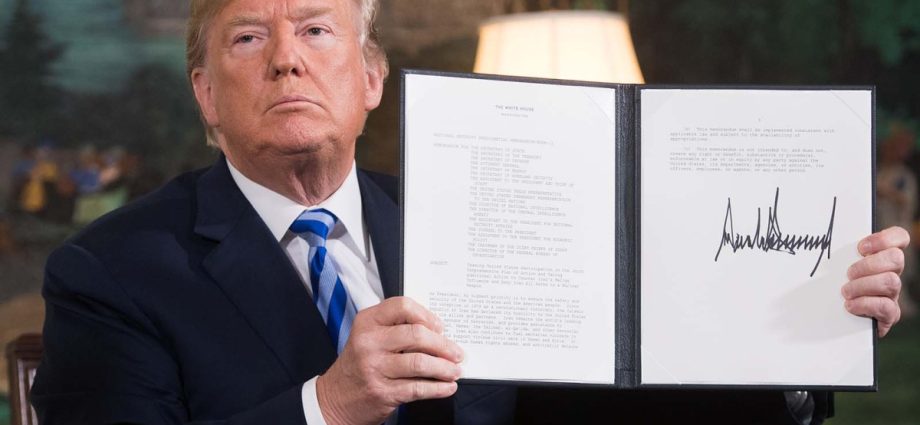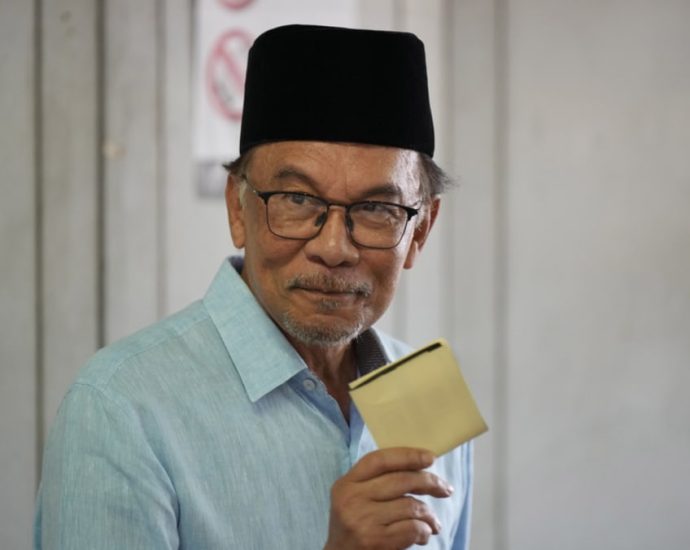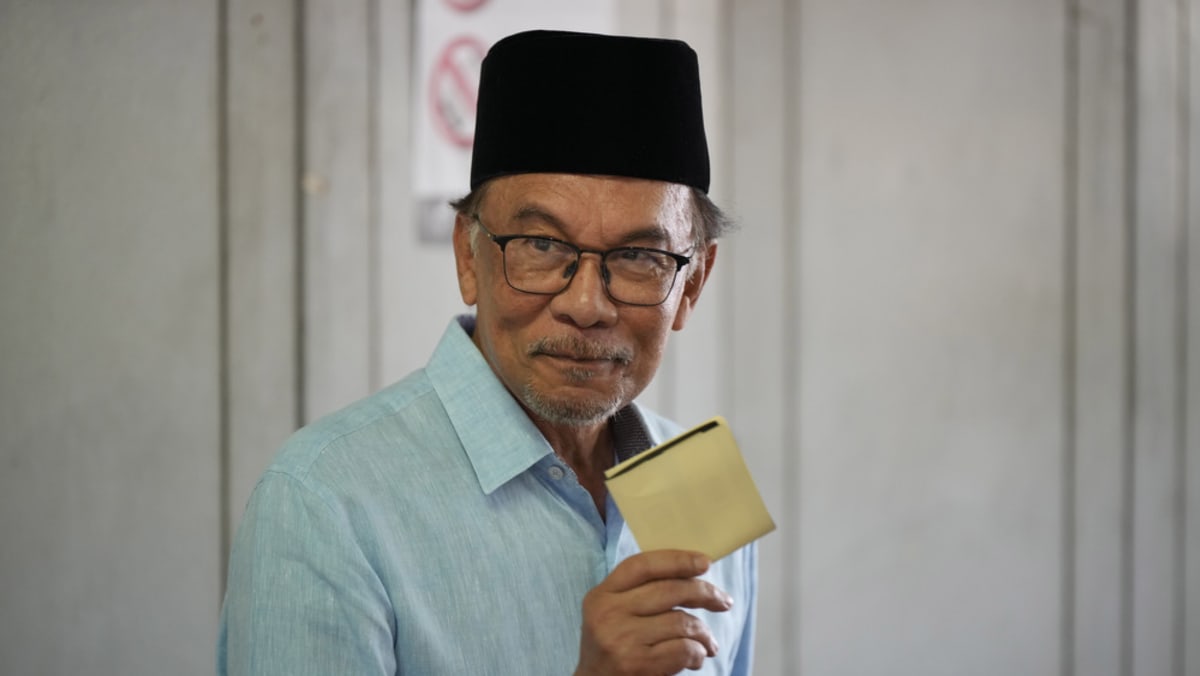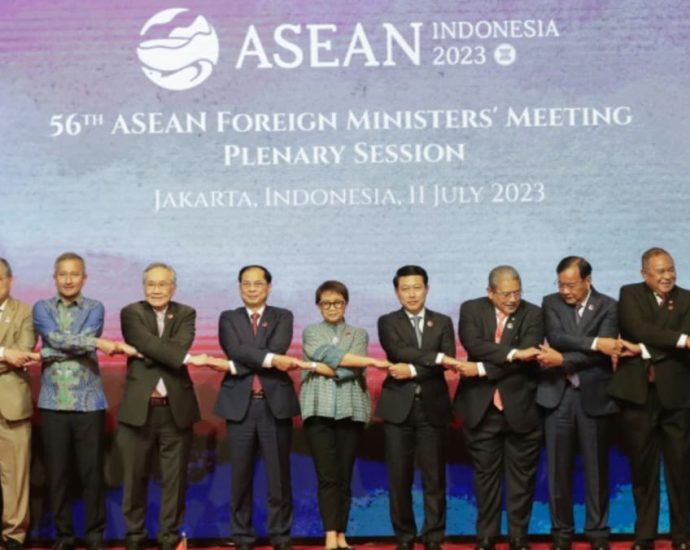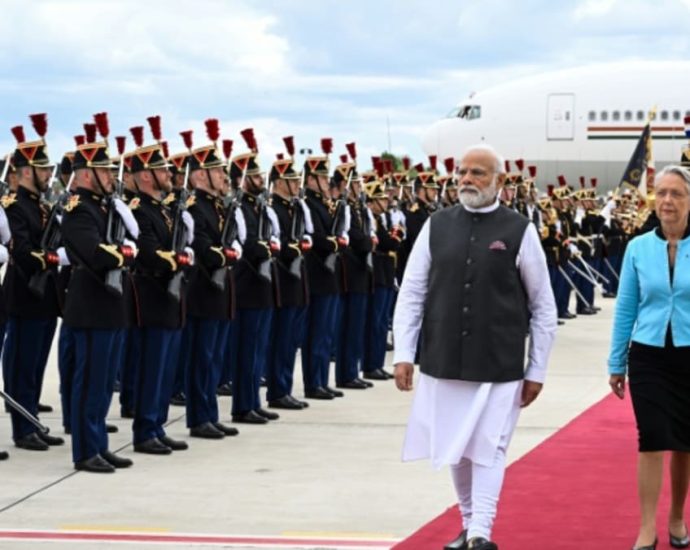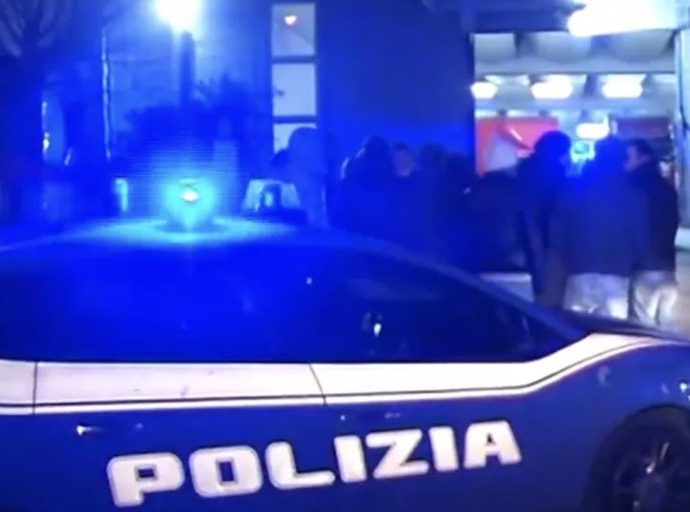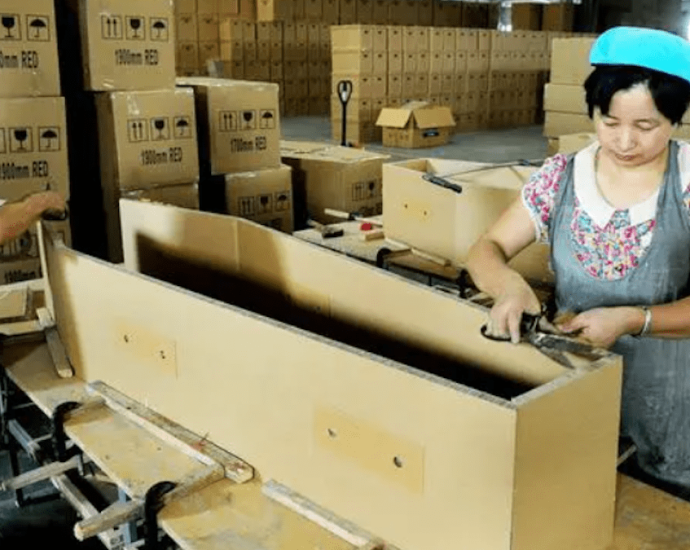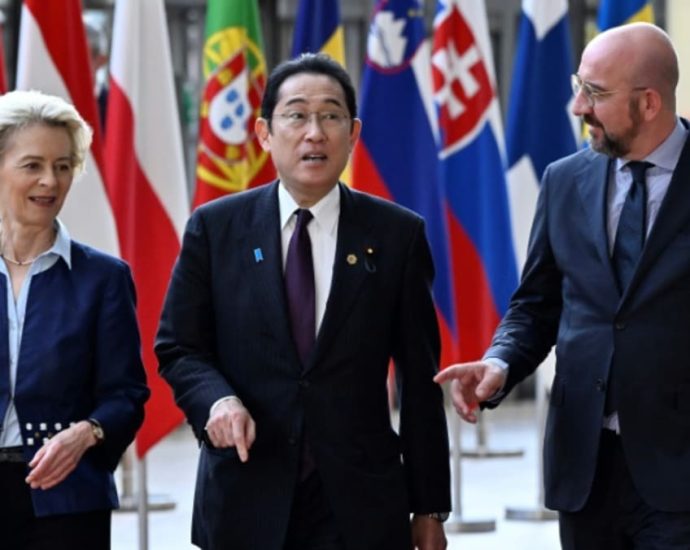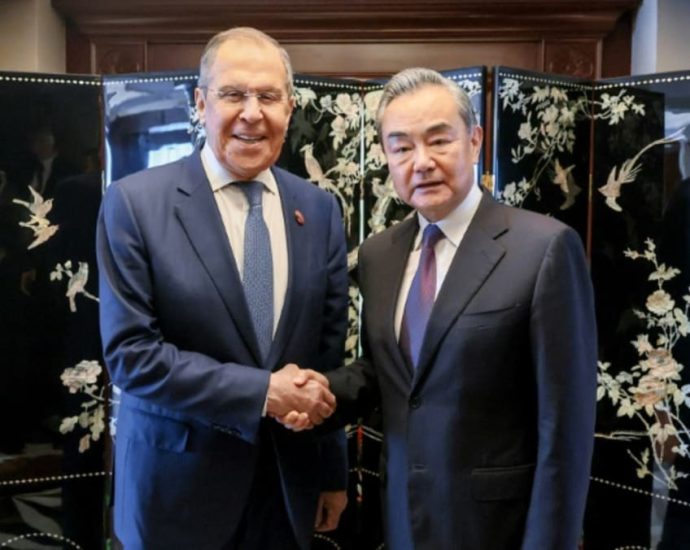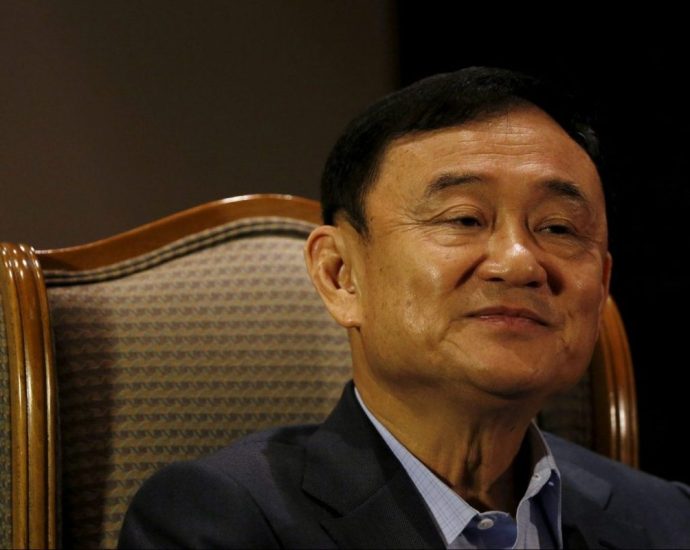âLess for lessâ could mean win-win in US-Iran talks

Last month, US Secretary of State Antony Blinken demurred about the status of indirect talks with Iran as he worked to deflect political pressures over contact with the regime regarding its nuclear activities and, reportedly, a possible release of wrongfully detained Iranian-Americans.
President Joe Biden’s administration has not denied that two senior diplomatic experts on the Middle East, Special Envoy Brett McGurk and Special Iran Envoy Rob Malley, have been in Oman conducting some form of indirect talks with Iranian officials, but Blinken made clear that there is no imminent agreement of any kind.
Nonetheless, critics in the US Congress are demanding more transparency, and are poised to take measures to constrain what may be a fragile and early-stage diplomatic initiative.
Progress by the Biden team may also have been hampered after it was announced late last month that Malley had been placed on unpaid leave while his security clearance was reviewed. Reports say the Federal Bureau of Investigation is examining the matter.
Analysis of these potentially significant talks with Iran is heavy on speculation, and light on facts. The administration does not seem willing or able to share any details of the putative talks, perhaps because they have not really produced any results, or, conversely, because officials are still hopeful and want to protect the process until both parties are ready to talk about it in public.
The Biden administration has demonstrated in multiple ways that diplomacy is vital to its worldview and its idea of statecraft. Diplomacy is not just scripted meetings in friendly capitals with like-minded officials, but it’s the hard slog of finding ways to reduce tensions and prevent open conflict with adversaries. Sometimes it’s many weeks or months before even a common vocabulary is established.
Doing diplomacy with Iran has been fraught for many decades. But it’s as hard in 2023 as it has been since the 1979 revolution and the severing of official relations. Often the parties misread what is motivating the other party, and whenever one side thinks it has the advantage, it overplays its hand and the momentum is lost. So a slow and discreet approach may be prudent.
The previous administration’s bellicose approach – “maximum pressure” – moved the starting gate back for the Biden team in several ways.
Nuclear deal pullout
Strategically, the decision by Donald Trump to withdraw from the multilateral nuclear agreement signed in 2015 – the Joint Comprehensive Plan of Action (JCPOA) – did nothing to advance the goal of preventing Iran from developing nuclear weapons capabilities. To the contrary, the undermining of internationally negotiated constraints on Iran emboldened the country and made the task of restoring limits considerably harder.
Trump’s aggressive rhetoric only agitated the regional dynamics without sustaining US deterrence, and likely contributed to Iran’s expanding ties with Russia and China. Last week, Iran became a full member of the Shanghai Cooperation Organization, the Eurasian security and political bloc that could become a NATO of the East.
So the posturing of Iran hawks in the US about how the Trump approach led to Iran’s economic desperation and political isolation is simply not borne out by the facts.
Using a quiet, reserved approach, the Biden team apparently did not give up on restarting a process to restore at least part of the JCPOA. They adopted a “less for less” strategy, rather than the overly ambitious and unrealistic goal to expand and strengthen the JCPOA.
Some movement in Iran’s cooperation with the International Atomic Energy Agency (IAEA) in March may have also spurred the idea along, to probe via Oman or other trusted intermediaries whether Iran was open to talks.
The tentative rapprochement between Iran and Gulf Arab states also helped Washington calculate the risks of such a diplomatic overture, given that after the JCPOA was signed in 2015, both Israel and Gulf countries felt betrayed by the deal and chastised the US.
This time, with Saudi Arabia and Iran agreeing in March to restore relations after talks brokered by China, one could anticipate less resistance from key Arab partners. Fierce opposition from Israel and Republicans in the US Congress was, however, to be expected.
According to some reports, the outlines of the US initiative include Iran’s commitment to cap its uranium-enrichment activities short of full weapons-grade levels, to cooperate with the IAEA, and to release at least three dual-national Iranian-Americans currently in Iran’s prisons. In exchange, Iran would be given partial sanctions relief in the form of access to funds in South Korean banks.
In late June, some Middle East watchers judged that the talks had stalled, possibly over the terms of the release of prisoners.
If true, this “less for less” is more modest than what Ali Vaez and Vali Nasr recently argued in Foreign Affairs. They saw a bigger opportunity to reshape Iran’s regional role, by engaging all the states in the region, by reducing Iran’s destabilizing support for cross-border militias, and by imposing region-wide limits on nuclear enrichment activities.
Their approach is closer to the “grand bargain” that some have advocated over the years: Put all the issues on the table and see if there’s a radically different way for Iran, its neighbors, and Western powers to manage their relations and promote regional stability.
Nonetheless, the purported Biden approach does entail taking on more than one issue, in a package understanding or arrangement, to use the careful vocabulary of US officials.
I previously argued that the efforts to free wrongfully detained US citizens is premised on keeping that track free of entanglement with other contentious issues. In this case, perhaps the logic was turned on its head.
To be sure, there’s no perfect rulebook for diplomats. They have to test and probe what might work, what each party cares most about, and how to get to a win-win outcome. Whether that is a possible or likely scenario for 2023 is anyone’s guess.
This article was provided by Syndication Bureau, which holds copyright.

